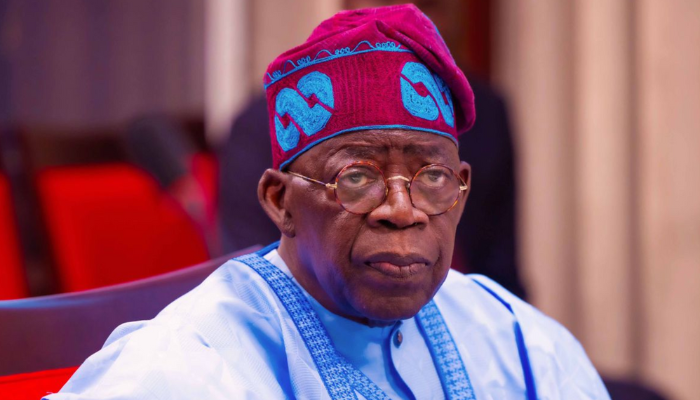President Bola Ahmed Tinubu has reiterated the critical role of the power sector in driving Nigeria’s economic growth, job creation, and educational development, stressing that reliable electricity supply is central to achieving the administration’s national development objectives. Speaking at the 2025 National Energy Forum in Abuja, the President described the energy industry as “the backbone of modernisation and industrialisation” and outlined government initiatives aimed at improving power generation, distribution, and accessibility across the country.
Tinubu emphasized that a robust and dependable electricity supply is a prerequisite for industrial expansion, increased productivity, and the creation of employment opportunities for Nigeria’s growing workforce. “Without reliable power, our industries cannot operate efficiently, entrepreneurs cannot scale their businesses, and our students cannot access the tools needed for quality education,” the President said. He noted that addressing longstanding challenges in the sector will unlock the full potential of Nigeria’s economy and strengthen the nation’s competitiveness in the global market.

According to the Presidency, government interventions in the power sector are designed to improve generation capacity, reduce distribution losses, and enhance accessibility for households, businesses, and educational institutions. Tinubu highlighted that current electricity supply has reached unprecedented levels, with over 4,800 megawatts feeding 11 distribution companies, marking a significant improvement in service delivery. The President linked these achievements to strategic partnerships with private investors, reforms in the regulatory environment, and targeted investments in power infrastructure.
President Tinubu further underscored the connection between electricity access and education, stating that consistent power supply supports digital learning, reduces operational disruptions in schools and universities, and enables the adoption of modern educational technologies. “Our students cannot compete in the 21st-century knowledge economy without electricity. Classrooms, laboratories, and research facilities require stable power to nurture talent and foster innovation,” he said.
The President also addressed job creation, noting that investments in power generation, renewable energy, and electricity infrastructure have the potential to generate thousands of direct and indirect employment opportunities. By promoting the expansion of power plants, transmission networks, and solar and renewable energy projects, the government aims to stimulate entrepreneurial ventures, manufacturing growth, and local content development in the energy value chain.
Government officials detailed ongoing programmes, including the National Mass Metering Programme, which aims to ensure that electricity consumers are accurately billed and that revenue generation within the sector is enhanced. Tinubu highlighted that such measures will attract further private sector participation and improve the sustainability of distribution companies, ensuring that power supply remains reliable and economically viable.
The President also touched on the role of renewable energy in complementing traditional electricity sources. He stressed that Nigeria’s abundant solar, wind, and hydropower resources present significant opportunities for clean energy generation, reduced environmental impact, and the expansion of rural electrification projects. “Investing in renewable energy is not just about sustainability; it is about creating jobs, reducing poverty, and enabling industrial growth in areas previously underserved by the national grid,” Tinubu added.
Sector stakeholders welcomed the President’s comments, noting that government attention to the power industry could catalyse broader economic reforms. Analysts argue that improvements in electricity supply are crucial for reducing production costs, enhancing competitiveness, and encouraging foreign direct investment in manufacturing, ICT, and other energy-dependent industries. A stable power sector is also seen as pivotal for the expansion of health services, digital innovation, and technological adoption in education.
President Tinubu called for collaboration between federal and state governments, regulatory authorities, private investors, and local communities to achieve the nation’s energy goals. He urged distribution companies to continue deploying meters, reducing system losses, and maintaining transparency in billing. He also encouraged innovation in off-grid and mini-grid solutions to complement national grid supply, particularly in rural and semi-urban areas.
The President concluded by reiterating that electricity is not merely a commodity but a strategic asset essential for national development. By strengthening the power sector, Nigeria can accelerate industrialisation, enhance educational outcomes, and generate sustainable employment opportunities, thereby improving living standards across the country.
Observers say that Tinubu’s address underscores a government commitment to prioritising energy sector reforms as a linchpin of economic policy. If effectively implemented, these measures could enhance investor confidence, stimulate domestic production, and foster an environment conducive to innovation, growth, and social development.
Support InfoStride News' Credible Journalism: Only credible journalism can guarantee a fair, accountable and transparent society, including democracy and government. It involves a lot of efforts and money. We need your support. Click here to Donate
